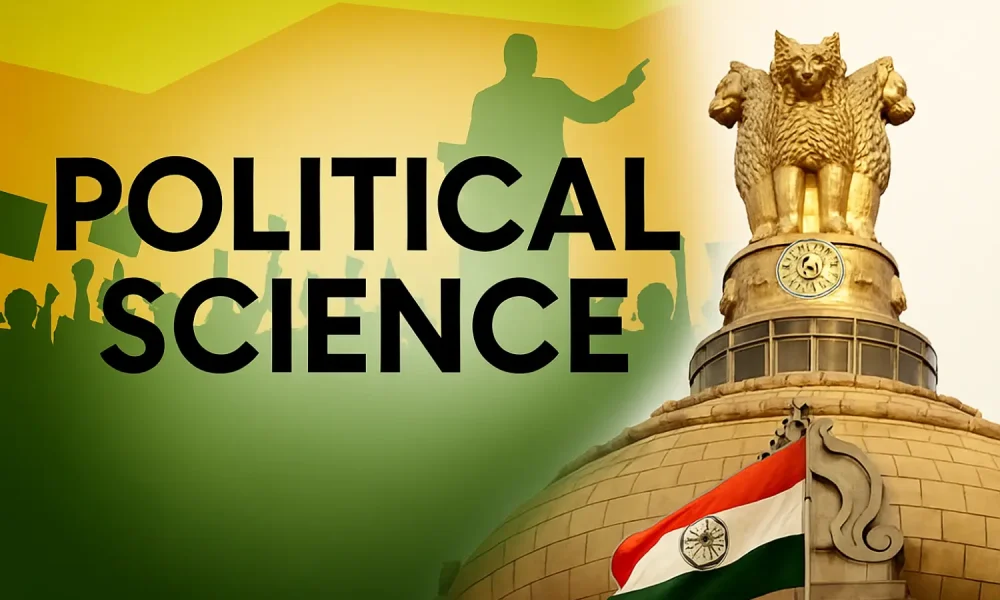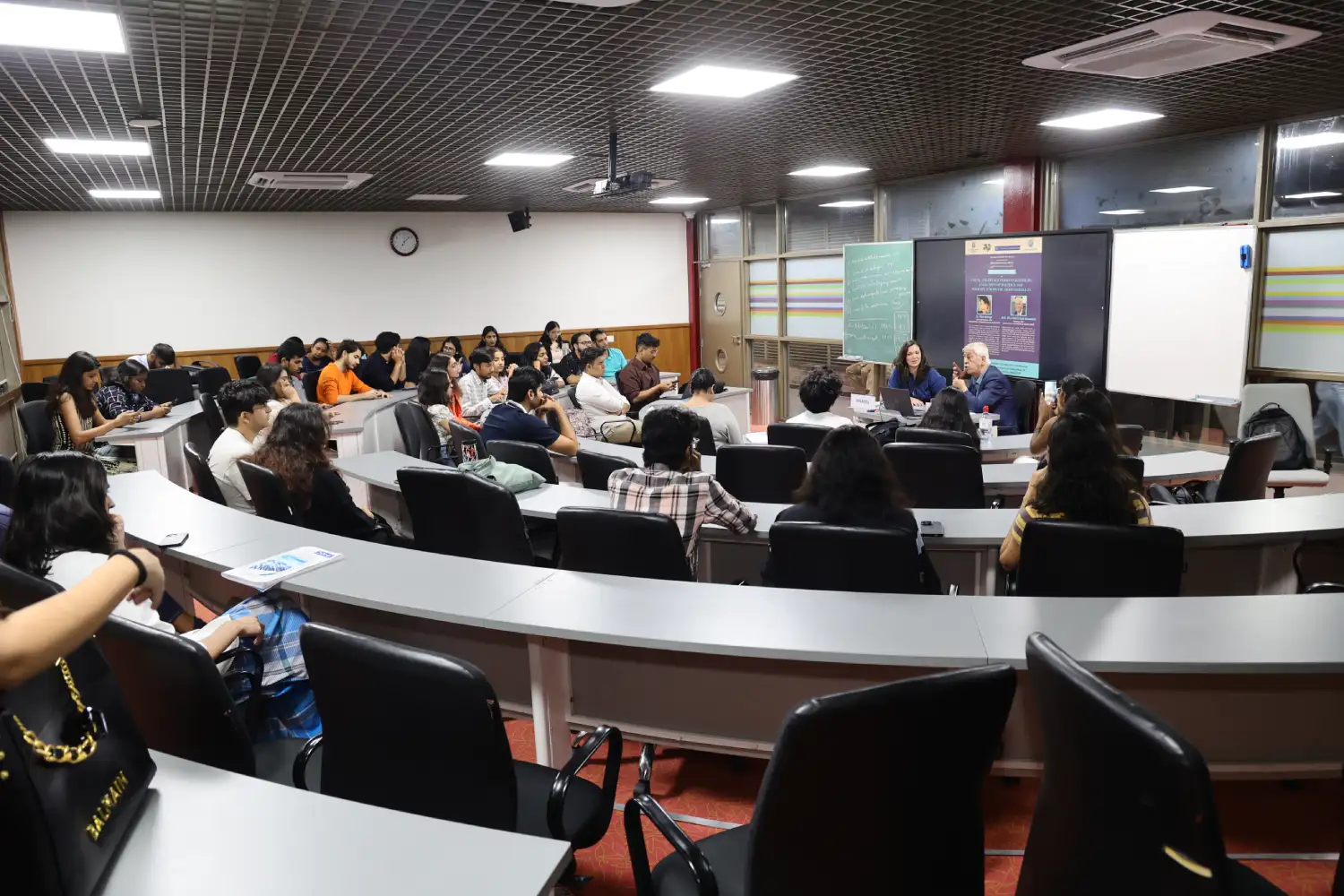Introduction to Political Science
The term political science is believed to have been coined by Aristotle, and it was used to lay the path for ancient rulers to govern their kingdoms and subjects. In ancient times, the term politics was associated with religion and culture, and it was only applicable to a small part of society when the concept of a state had not yet been formed.
Understanding the Evolution of Politics and the Modern State
The world of politics is ever-changing, and with it, the idea and execution of statehood also evolve simultaneously. World politics itself was derived from the ancient Greek word ‘politikos’, where the term ‘polis’ translates to city or state. Centuries later, the importance and significance of political science have changed vastly with the changing political systems, governmental bodies and the modern idea of statehood.
A Brief Understanding of Political Science
Following the footsteps of our ancestors, political science has found its resurgence in every state-run system featured in the world. Political science is the study of the machinery of state, different forms of political systems, and understanding what influences the formation of such political systems within a state.
What Does Political Science Study?
Political Science is the study of the structures, institutions, and functions of the state across various systems of governance. It offers insights into how social, cultural, and psychological factors influence government operations and the broader political landscape.
Types of Political Systems and Their Behaviour
As discussed, Political Science focuses on the analysis of power and authority exercised by governments and political entities. In the modern era, the nation-state has emerged as the most prominent form of political organization. These nation-states are governed by diverse systems, each grounded in distinct historical, cultural, and ideological foundations that define their sovereignty.
Democracy—literally meaning “rule of the people”—is the most widely practiced political system today, where citizens are empowered to govern themselves either directly or through elected representatives. In contrast, a monarchy centralizes authority in a single ruling family, with power often passed down through generations.
Beyond these, there are other significant systems such as oligarchy, where power rests with a select few, and totalitarian regimes, characterized by centralized and often authoritarian control. Studying these varied political systems offers a comprehensive understanding of governance and the many dimensions of political science.
Is Political Science a Good Career Choice?
Politics is an integral part of our society and has been one of the driving forces for the formation of nations and governments around the world. Hence, the study of Political Science deals with the political systems, political behaviour, political philosophy, and international relations.
A career in political science in India creates a series of opportunities across different sectors, including civil services, teaching, research, and many more. Political science is often believed to be a direct gateway to joining politics and making a meaningful difference to society. They can also be political consultants, work in embassies, take a job in a public relations firm, and so on.
B.A. (Hons.) Political Science at the Jindal School of International Affairs
The Political Science course at the Jindal School of International Affairs (JSIA) is offered as part of a comprehensive four-year undergraduate program. The curriculum explores the evolution of political systems, contemporary global affairs, and the dynamics of international relations that shape our interconnected world.
Core Subjects Covered
Core subjects include Political Theory, Political Economy, International Relations, Foreign Policy Analysis, and Global and International Institutions. In addition to the core curriculum, students can choose from a range of elective courses to earn additional credits and deepen their expertise in specific areas of interest.
Frequently Asked Questions (FAQ)
What are the three rounds of the application process for the B.A. (Hons.) Political Science course at Jindal School of International Affairs?
Ans: The admission process at JSIA begins with the submission of Class 10 and 12 board mark sheets, a personal statement, and a supplemental question related to the applicant’s choice of elective subjects. Candidates who have not taken the SAT or ACT are required to appear for the JSAT entrance examination. The final stage of the process includes a faculty interview to assess the applicant’s motivation and fit for the programme.
How has the programme structure at JSIA integrated core and elective subjects to offer a comprehensive study of Political Science?
Ans: One of the most compelling aspects of the Jindal School of International Affairs is its fully integrated curriculum for the B.A. (Hons.) Political Science program. It offers a strong foundation in the basics while progressively advancing into specialized subjects, balancing theoretical depth with practical insight.
Why should Political Science be studied at a basic level, and when should you opt for an advanced curriculum?
Ans: Political science is often believed to be a fundamental discipline for understanding political systems, the machinery of the government, and the state at large. Political science provides awareness about the modern world and the political ideologies that govern the national and international governments working around the world. An advanced study in Political Science is only advised for applicants with a distinct interest in the subject and a dream of a career in the realm of international affairs.
What are the career scopes after graduating with a B.A. (Hons.) Political Science degree?
Ans: An undergraduate degree from the Jindal School of International Affairs opens several doors for political science career options. The degree enables graduates to enter the world of politics on a national or international level based on their field of expertise and academic inclination.
What makes it different to study at the Jindal School of International Affairs?
Ans: JSIA stands out for its globally oriented curriculum, designed to reflect the complexities of an ever-evolving political, economic, and social landscape. Moving beyond traditional and purely theoretical approaches to political science, the programme emphasizes real-world political experiences, fosters critical thinking, and strengthens linguistic skills—equipping students with the tools needed for a successful career in the political and international arena.





